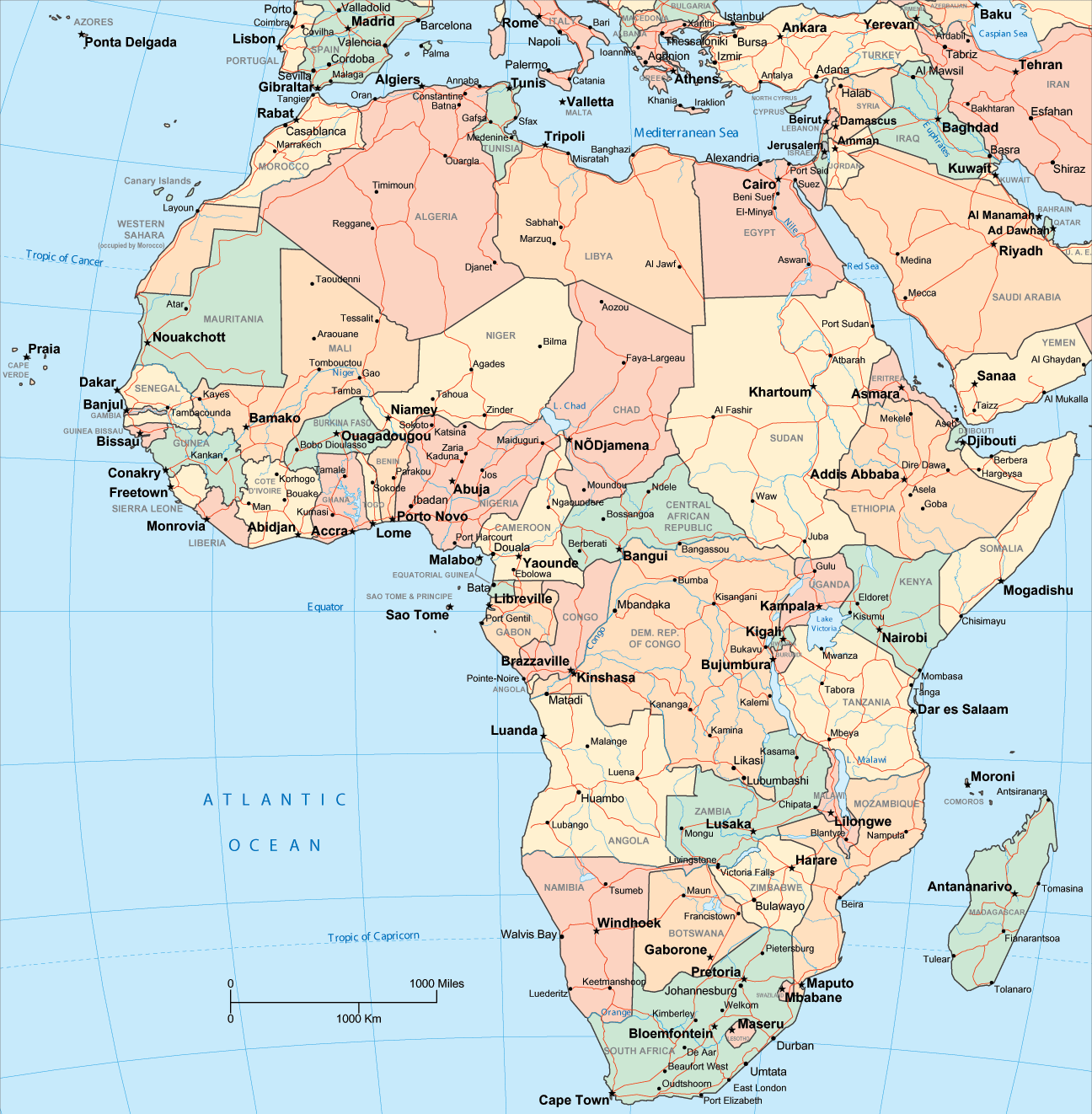While exhorting countries in the African sub-continent to strengthen regional integration as well as a domestic demand of goods and services Pascal Lamy commented on the state of trade there,

"All of this means that Africa can no longer just depend on external demand for its goods and services to support its growth. This must be complemented by robust domestic and regional demand. One of the clear strategies to promote this is through accelerating regional integration and supporting greater intra-regional trade. A policy focussed on this will help to mitigate the reduction in global demand by creating new poles of growth, and markets at the regional level. Global supply networks are the prevailing production frameworks of this new century and are fundamentally supported by open and transparent regional supply networks. Creating a platform premised on a continental area free of restrictive trade barriers can create an environment receptive to the growth of these regional and global supply networks in Africa.
Emphasising the point that there is no contradiction between regional integration (as against Regional trade agreements) and the multilateral trade rules, Lamy said,Despite this potential the statistics on intra-African trade illustrate pervasive underdevelopment and under exploitation of the opportunities which intra-trade can provide. At a figure of 10%, which if the important informal sector is included could theoretically rise to 20%, intra-African trade is still substantially lower than the 60% in Europe, the 40% in North America and the 30% in ASEAN."
" First, there is absolutely no contradiction between accelerating regional integration and deepening the multilateral trading system. In fact, there is an urgency to ensure that the global regulatory environment is not worsening and that protectionism is not deepening. Both elements can severely undermine the benefits which boosting intra-African trade can offer. Use multilateral trade negotiations and the WTO system as impetus for greater regional integration.
Second, removing the barriers to intra-regional trade can ignite the interest of business and lead to investments and partnerships. Business will respond to actions that make trading easier. The Aid for Trade initiative is an excellent platform to focus on removing these barriers and investing in soft and hard infrastructure that make trade easier."

The African continent itself is such a vast and diverse continent with countries having diverse interests at the WTO. South Africa is an emerging economy while most of the other African countries would be considered LDCs. Can they have a common strategy at the WTO? Would their national priorities be able to converge to take advantage of multilateral rules?
At the 8th Ministerial Conference at Geneva in December 2011, it should be noted that the African countries gave a common statement by the Kenyan Minister which was, unsurprisingly, very different from statements given by other countries. While other countries spoke about the need to reduce protectionism and for giving a boost to reduction in barriers, the African statement reflected the reality of the member countries in the WTO and the need for taking special care of their interests. Would the multilateral trading regime be capable of handling such diversity across the globe?
No comments:
Post a Comment